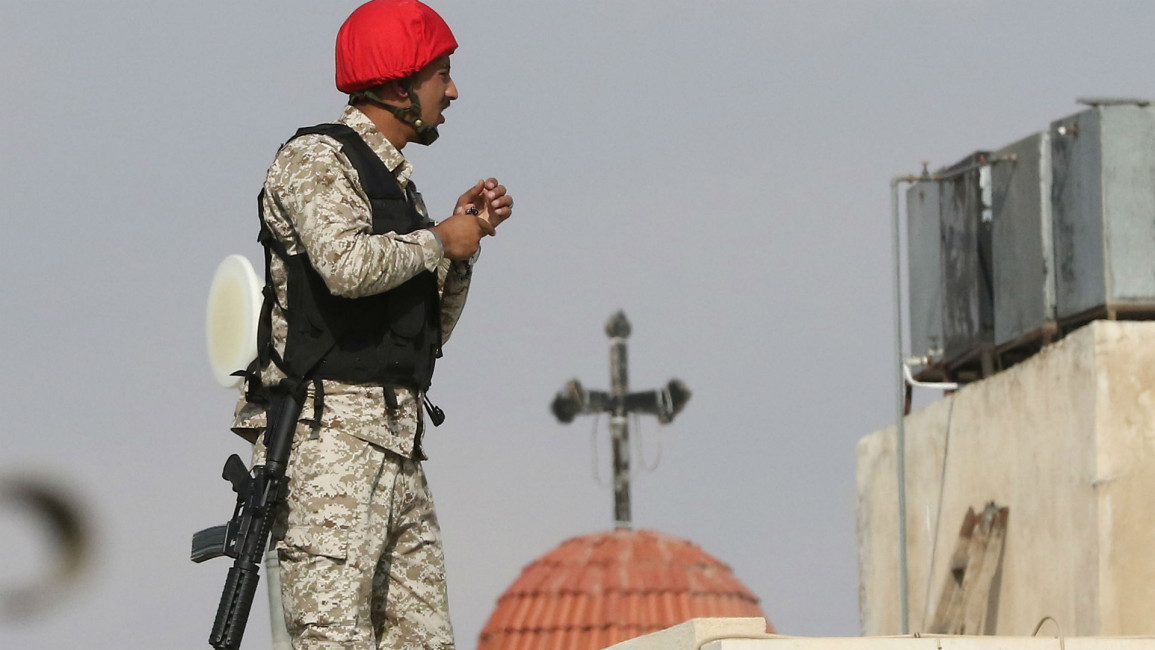Jordan jails 2 over attempt to attack Israeli forces
The men, Jordanians both in their twenties, had planned to target Israeli soldiers with a Kalashnikov assault rifle and a pistol, the state security court in Amman ruled.
They had hatched the plan last year after US President Donald Trump announced his controversial decision to recognise the disputed city of Jerusalem as capital of Israel, sparking outrage amongst Palestinians, a court document said.
One of those convicted planned "to carry out an armed terrorist operation... after (Trump's) decision to move the American embassy to Jerusalem and over the abuses against Palestinians by the Israeli army," it said.
The two men from the city of Madaba, 30 kilometres (20 miles) south of Amman, admitted they had also planned to open fire on Jordanian forces if they were intercepted, the charge sheet said.
They were intercepted by Jordanian border guards in May last year, before they could cross the border and reach Israeli forces.
Normalisation
Jordan is the only Arab country apart from Egypt to have a peace deal with Israel but the treaty is overwhelmingly opposed by Jordanians, more than half of whom are of Palestinian origin.
Last month, the Jordanian parliament voted to allow Israel to invest in the Jordanian sovereign wealth fund hours after they had previously voted to reject it, sparking anger from Jordanians.
Jordanian activists supporting the Boycott Divestment and Sanctions campaign reacted with anger towards the news by organising protests in the capital.
Activists used the arabic hashtag I am Jordanian and I reject Israeli investment to criticise parliament's decision, and published photographs of MPs voting in favour of the investment.
The protests “reject all forms of normalisation with the zionist entity and reject parliament's move to allow zionist companies to participate in Jordan's sovereign wealth fund,” Khaled al-Shakka from Jordan BDS told The New Arab at the time.
Activists accused the parliament of collaborating with Israel and being subservient, suggesting that security services influenced the decision of the MPs.
"The decision of the parliament to allow Israel to participate in the sovereign wealth fund is predictable for a parliament that Jordanians know doesn't control its own decisions" the head of the anti-normalisation campaign in trade unions Majed Majali told The New Arab.
"After normalisation failed at the popular level the government is trying to go [for it] at the official level," he said, referring to popular reluctance to buy Israeli goods in Jordan.
Last year Jordan pledged to end the import of Israeli goods - mostly agricultural products - in response to the demands of a local boycott campaign.
Boycott campaigns in Jordan intensified last year following repeated Israeli attacks on Palestinian protesters, as well as the storming of the al-Aqsa mosque compound in Jerusalem.
Follow us on Twitter: @The_NewArab



